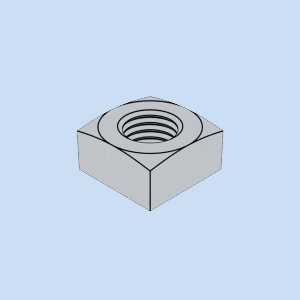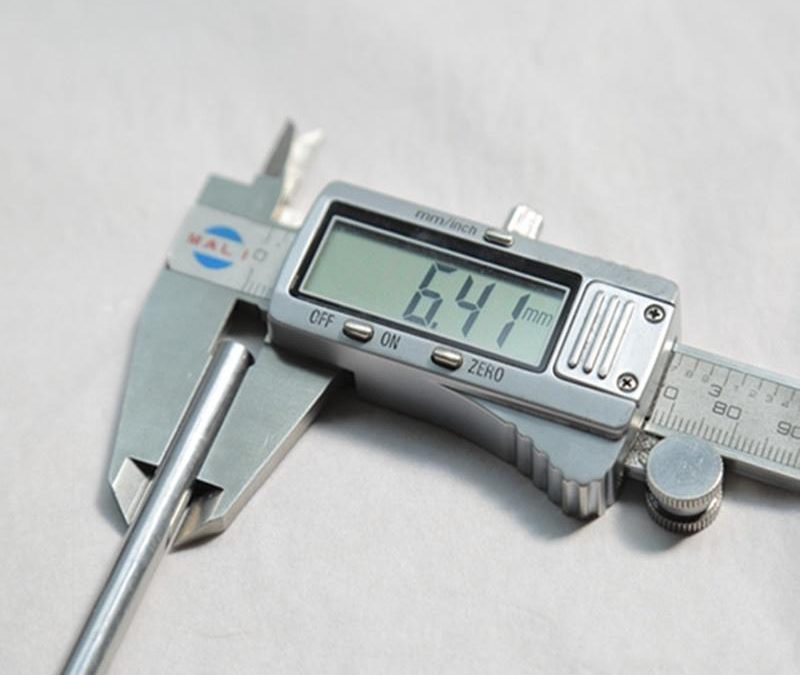
by xotmetals | Dec 2, 2020 | Nbti, Niobium
Nbti metals is the key business of XOT ,the below is some key projects we made in the past 2020. Ti6Al7Nb Ti-6Al-7Nb alloy is a medical alloy ,the corresponding approximate grade is IMI367(UK). The corresponding US standard is as of ASTM F1267 UNSR56700. Multiple...
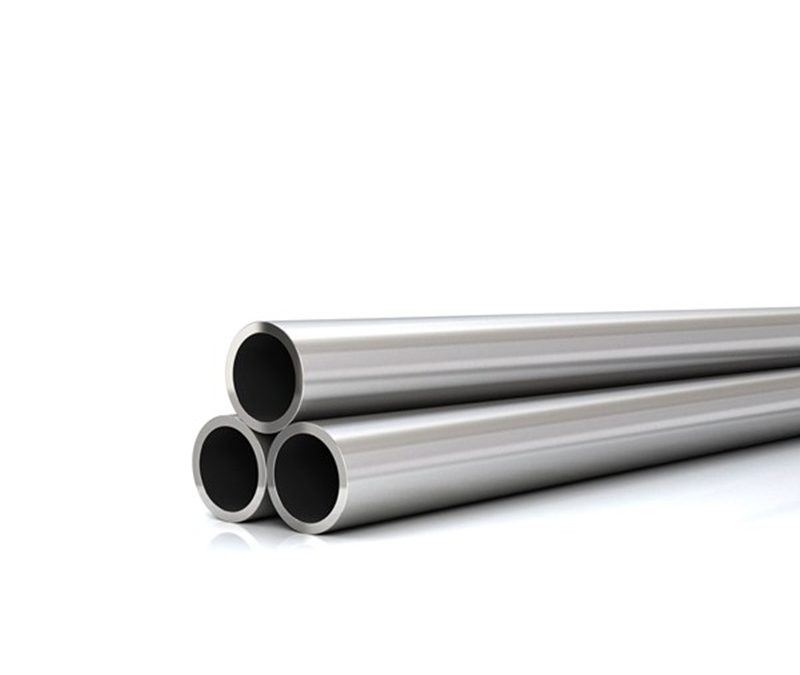
by xotmetals | Oct 3, 2020 | Niobium
Introduction The melting point of niobium is 2468 ℃, and the density of it is 8.6 g/cm3. With the characteristics of corrosion resistance, high temperature resistance and malleability, niobium is widely used in electronics industry, steel industry, chemical industry,...

by xotmetals | Sep 7, 2020 | Niobium
Introduction of Nb521 alloy Nb521 niobium alloy adds W, Mo, Zr alloying elements and a small amount of C element to the niobium matrix. It further improves the room temperature and high temperature mechanical properties of the niobium alloy through a combination of...
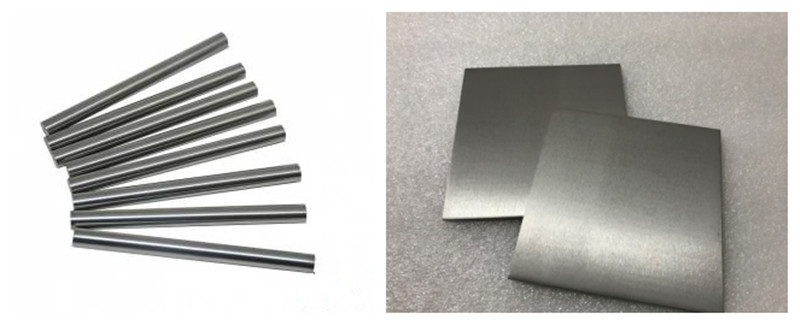
by xotmetals | Sep 1, 2020 | Niobium
Giving zirconium addition to niobium can improve the strength of the niobium alloy without affecting its ductility and workability. Zirconium can also improve the resistance performance to oxidation and corrosion. Nb-Zr 1% is the most widely used niobium alloy, which...
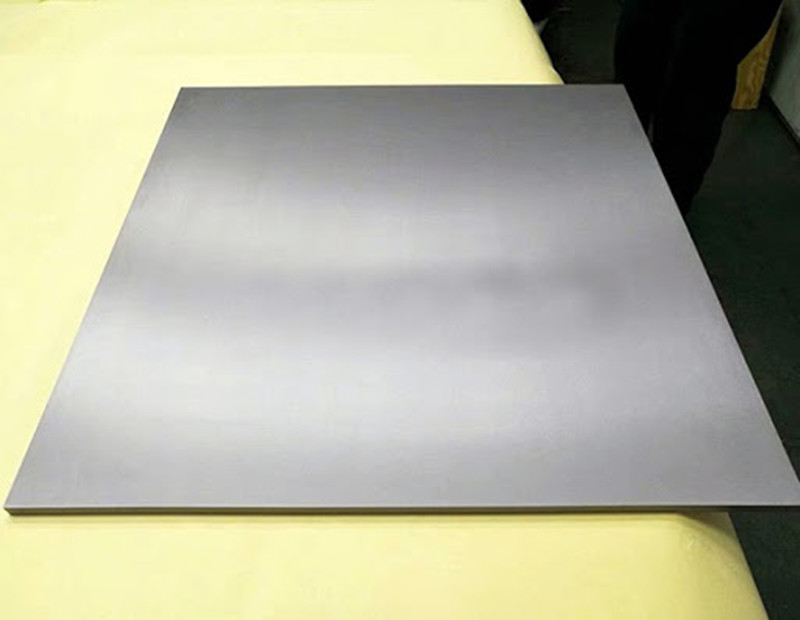
by xotmetals | Jun 1, 2020 | Niobium
Niobium Cb-752 Alloy (Niobium Tungsten Zirconium) is a highly refractory alloy typically used in aerospace components and other high temperature environments. Cb-752 Niobium is available in standard and custom compositions and forms such as wire, sheet, bars, tubing,...
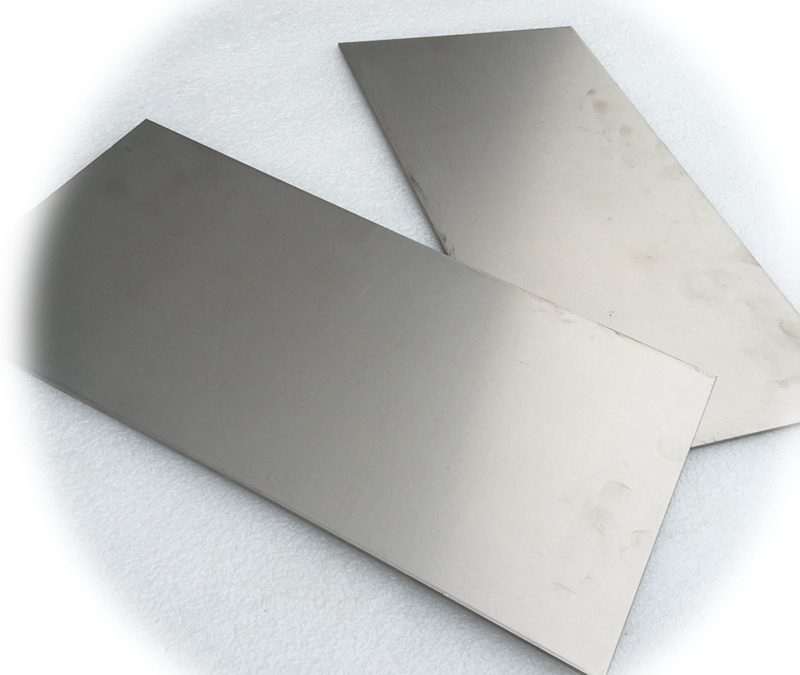
by xotmetals | May 16, 2020 | Niobium
Niobium ingots are mainly used as raw material to manufacture plate, tube, strip, rod, wire and other mill products. Characterizing good corrosion-resistance, high ductility, super conductivity and thermal-stable properties, this niobium ingot is widely applied in the...








